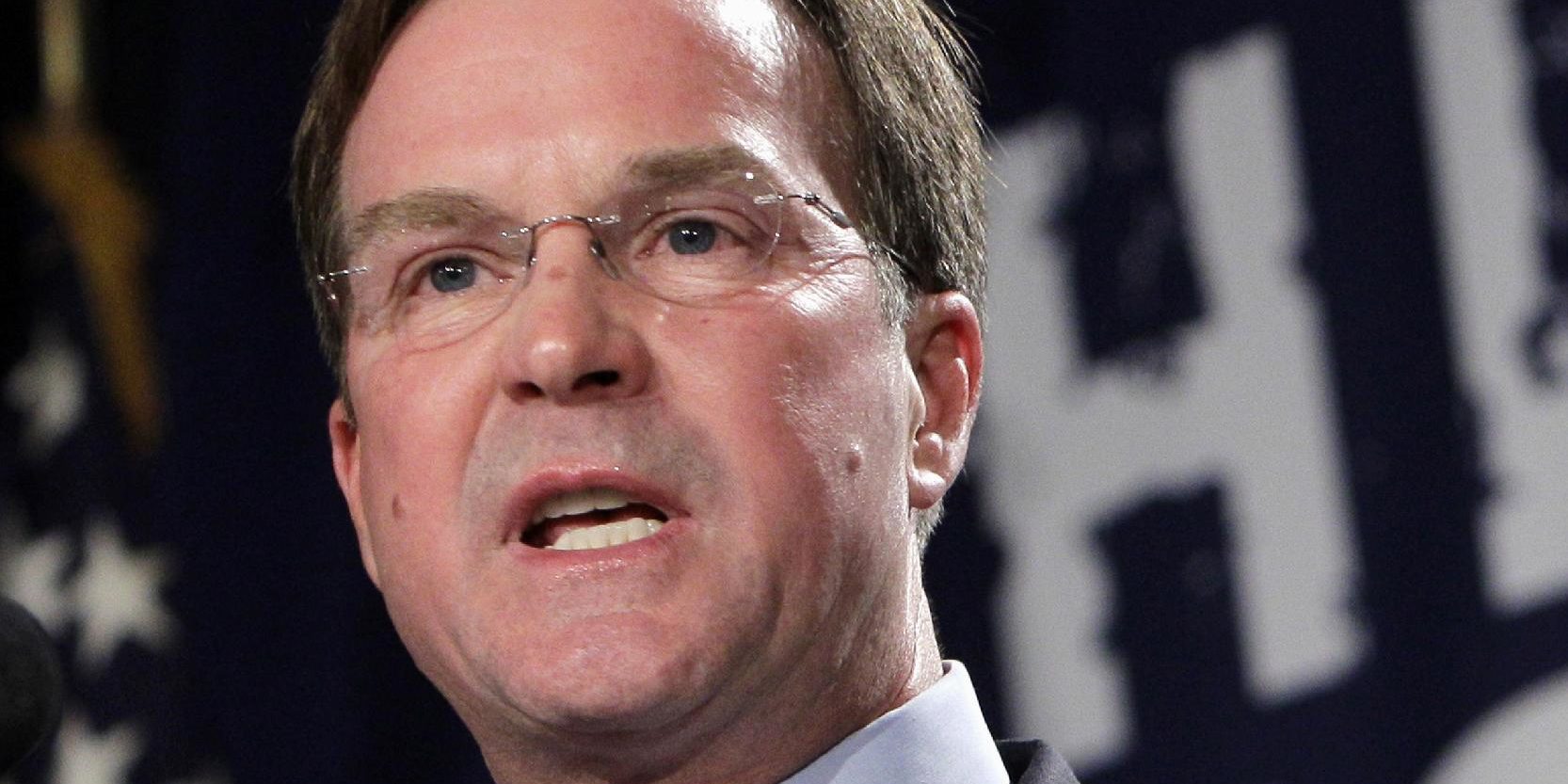By Matthew Kovac
When news broke that Attorney General Bill Schuette tried to intimidate a journalist, word spread fast. Huffington Post reporter Dana Liebelson tweeted Monday that she had been hit with two subpoenas for her interview notes while investigating juvenile prison conditions in Michigan. The first arrived before the interviews were over. Then an AG office employee followed her two hours across the state to another prison to serve her with the second subpoena.
The resulting national media uproar led to a swift retraction. Hours after the Washington Post picked up the story, Schuette said he would withdraw the Liebelson subpoenas along with another subpoena targeting Michigan Public Radio. But even this hasty retreat didn’t come quick enough to stave off scathing criticism from the Detroit Free Press and the Detroit News.
Schuette’s strong-arm tactics have been rightly condemned as an attack on press freedom. But this is about more than Schuette attempting to silence the press, who, as the old line goes, buy ink by the barrel and can protect their own. It’s about silencing prisoners by cutting off one of the few lifelines they have to share their stories with the outside world.
And those stories, documented in a recent Atlantic/Marshall Project investigation, are nothing short of horrific. The prisoners Liebelson interviewed are part of a class-action lawsuit charging that Michigan Department of Corrections personnel allowed juvenile prisoners to be raped on their watch. Schuette, an old-school archconservative, has waged a scorched-earth campaign in defense of the prisons department, losing 10 appeals in the process.
The outcome of this legal battle has implications beyond the lawsuit itself, as the attorney general knows all too well. Schuette has staked his career on the very law-and-order policies that created these hellish prison conditions in the first place, and which activists in the growing prison reform movement seek to overturn. A successful lawsuit will only invite increased public scrutiny and provide reformers with ammunition. And with the 2018 governor’s race in the offing, Schuette has little incentive to hand them a victory. Indeed, just last fall, Schuette was the driving force in a campaign that “gutted,” in the words of its chief sponsor, some modest parole and sentencing reforms.
In this context, Schuette’s attack on journalists is just the latest, most desperate example of his office trying to maintain the status quo at any cost. Just as he has fought relentlessly to keep prisoners from achieving justice through legal means, now he is seeking to deny them justice in the court of public opinion as well. For Schuette, who has tied his political fortunes to the continued expansion of the prison-industrial complex, it is not merely a matter of personal conviction but political survival.

